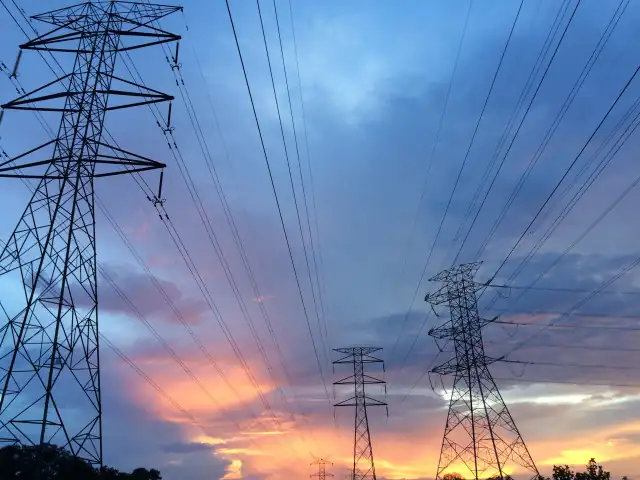
Sofia, Bulgaria – The European Commission announced on Monday the allocation of €65 million from the EU Modernization Fund to support Bulgaria’s ambitious GREENABLER project.
This initiative aims to overhaul and enhance the country’s power line infrastructure, making it more conducive to the integration and distribution of electricity generated from renewable sources. The funding is a significant step in Bulgaria’s transition towards a more sustainable energy future.
The Bulgarian government had initially applied for the €857 million project in February, and the recently allocated funds will be used for activities planned in 2024.
A spokesperson for the European Commission emphasized that these funds are specifically earmarked for enhancing the capacity to deliver clean energy to consumers rather than for its production.
The Modernization Fund, designed to aid 13 European countries in their journey towards climate neutrality, serves as a critical financial mechanism in this transition.
Project Scope and Phases
GREENABLER is a comprehensive project that involves the reconstruction of 720 kilometers of existing power lines, upgrading them from a voltage level of 220 kV to 400 kV. This will be accompanied by the synchronized reconstruction of adjacent substations.
The second phase of the project will focus on modernizing the “Hemus – Stara Planina” power line, upgrading 888 kilometers of 110 kV power lines, and doubling 92 kilometers of 110 kV lines to enhance network transmission capacity.
The investments for the first stage of the project are expected to be phased over seven years, amounting to €568 million from the European Modernization Fund.
The second stage, which is part of Bulgaria’s National Plan for Recovery and Sustainability, is valued at €203 million.
These strategic upgrades are designed to not only modernize the current infrastructure but also to significantly boost the grid’s capacity to handle increased loads from renewable energy sources.
Strategic Importance and Future Plans
Nikolai Denkov, a representative from the Bulgarian government, highlighted that the second stage of the GREENABLER project aligns with the RePowerEU plan.
This initiative aims to reduce the EU’s dependence on Russian energy sources, a critical objective in the current geopolitical climate.
However, Bulgaria has yet to submit the necessary project proposals for this phase to the European Commission for approval.
The Commission recently urged Bulgaria to expedite the submission process to facilitate the timely absorption of European cohesion funds and recovery plan resources.
The National Recovery and Resilience Plan, which outlines the country’s strategy for economic recovery and growth, includes ambitious projects for commissioning 4.5 GW of new renewable energy sources.
The successful implementation of the GREENABLER project will provide the essential technical capacity to integrate these new renewable sources into the national grid, thereby reinforcing Bulgaria’s energy infrastructure and supporting its sustainability goals.
Previous Funding and Progress
This is the second tranche of funds from the European Modernization Fund to Bulgaria. In 2023, the European Commission granted Bulgaria €196.57 million for four other projects focused on installing smart electricity meters and strengthening the electricity transmission network.
These initiatives are part of Bulgaria’s broader strategy to modernize its energy infrastructure and enhance its capacity to manage and distribute electricity efficiently.
Conclusion
The €65 million allocation from the European Modernization Fund marks a significant milestone in Bulgaria’s journey towards a greener and more resilient energy system.
By upgrading and expanding its power transmission infrastructure, Bulgaria is not only preparing to meet the increasing demands of renewable energy but also contributing to the EU’s overarching goal of climate neutrality.
As the GREENABLER project progresses, it will serve as a model for other nations looking to modernize their energy infrastructures.
With continued support from the European Commission and a steadfast commitment to sustainability, Bulgaria is poised to make substantial advancements in its energy sector, paving the way for a cleaner, more sustainable future.
This article was created using automation technology and was thoroughly edited and fact-checked by one of our editorial staff members
